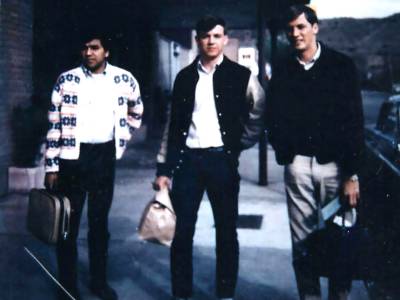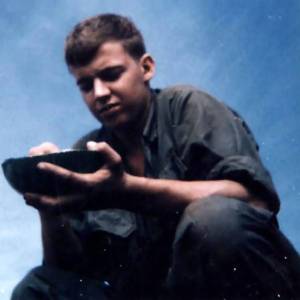|
Army Pfc Merle "Jim" Martin was one of the soldiers who didn't return from Vietnam.
The Omak native, son of Merle and Genny Martin, Omak, graduated From Omak High School in 1967. Less than two years later, on Jan. 14, 1969, he was shot while trying to help other soldiers injured by sniper fire.
He died Jan 28, 1969, after being in Vietnam less than four months.
Martin served with the 4th Platoon, a weapons platoon in charge of mortars. He was decorated posthumously with the Silver Star, Bronze Star, and Purple Heart, according to his sister, Gen Hull, Omak.
Martin volunteered for Army service, although his sister says he had a low draft number.
"We were raised in a very patriotic family," she says. "My parents were involved in the Legion, 40 et Eight, etc. Growing up we helped place the flags downtown on holidays.
"Volunteering was the right thing to do."
She provided a copy of a letter her parents received after his death from several members of his squad.
"We would like to offer our deepest sympathies to you," the seven soldiers wrote in response to a letter from the Martins asking for information about how their son died. "We all knew and liked Jim a great deal."
They wrote sniper fire began as the platoon moved off a road Jan 14, 1969, to set up.
"Our commanding officer and two other men went to check it out," they wrote. "One man was wounded and our C.O. was killed."
Martin and a few others volunteered to go out and help them.
"As they were moving toward the wounded, more sniper fire was taken," the letter continued. "Jim returned the fire (to) try to put out enough fire power to hold the enemy down, while the other men attended the wounded. As Jim was reaching for more ammo the sniper came out of hiding and shot Jim three or four times."
|
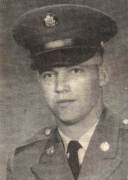 Martin died two weeks later.
Martin died two weeks later.
"This touched us deeply," the men wrote. "He was a very great and brave man. We all are proud to have been associated with him."
Hull, 13 months older than her brother, said even though her brother died 24 years ago, "in some ways it's like it was yesterday."
Family members are still in the process of learning to deal with his death, she says, adding each member has leaned to cope in a different way.
"I guess the key factor for me and most others is time," Hull says. "Part of my difficulty was I was surrounded by talk of Vietnam, at work, on TV, in the papers and magazines.
"I was on a college campus - WVC Wenatchee and WSU - and there were war protest marches, sit-ins, etc.," Hull says. "For me, it was hard to be civil to people who were against the war because what I heard them say was 'Your brother died for nothing' and 'He is of no value'.
"I felt it was unpatriotic to say or question U.S. policy - yes, I've changed since then."
The family had no coping mechanism, she says.
"We didn't expect Jim to die," Hull says. "No one expected their friend or family member to die. That always happens to someone else.
"Jim was shot and then lived for two weeks before he died. We expected him to come home. He didn't. We miss him."
She said the family recently was contacted by a man who served with her brother.
"Far me, that was healing. It helped," she says.
After years of reflection on the events in Vietnam. Hull says the man told the family, "It was a stupid war. but I'm fiercely loyal to those who went over there."
Source unknown
Reproduced under 17 USC �107
|
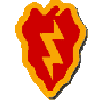




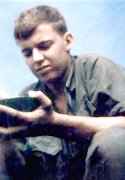
 Martin died two weeks later.
Martin died two weeks later.
